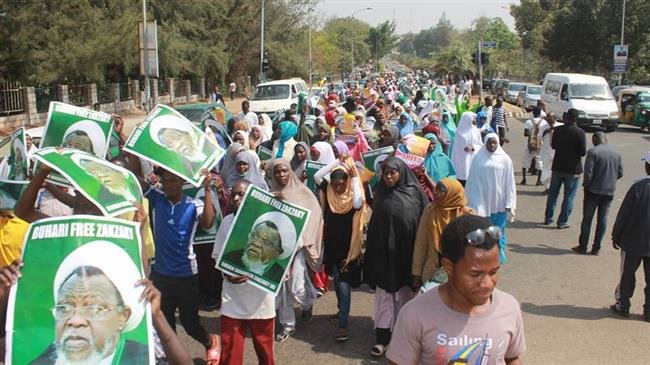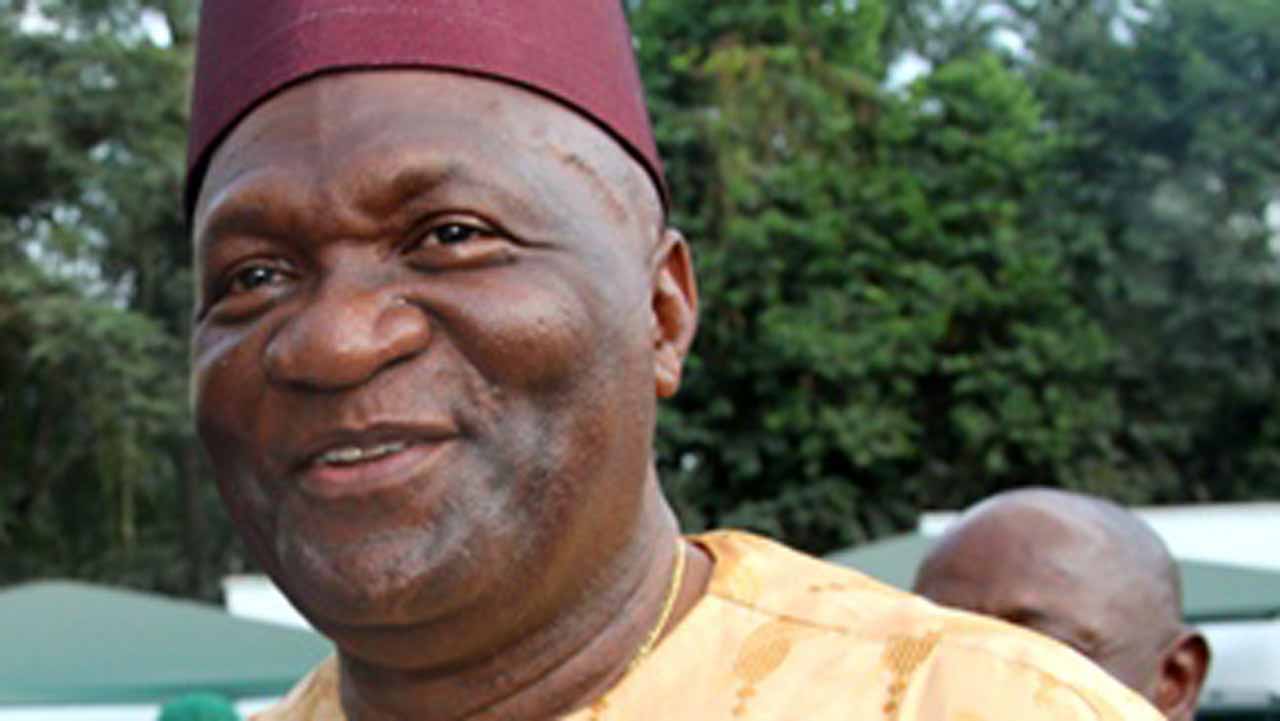On 21st February, the Russian President, Vladimir Putin, ordered the Russian troops to enter eastern Ukraine after recognising Donetsk and Luhansk as independent entities.
Meanwhile, in the last few months, events in the global political environment have been primarily centered around the brewing tensions between Russia and Ukraine, two major Eastern European and former Soviet states. The conflict began in late 2013 over a landmark political and trade deal with the European Union (EU) and has recently escalated with increasing media attention. In this report, we examined the (1) history and current situation of the conflict, (2) implications of the impending crisis on the global economy, and (3) possible impacts on the Nigerian economy.
History of the Conflict
The crisis commenced in February 2014, when Russia occupied Crimea, a region along the Southern Russia – Ukraine border, with strong Russian loyalties. Russian troops arrived at the borders and completed the invasion of the Crimean Peninsula through a referendum that was deemed illegitimate by Ukraine and other world economies.
Current Situation
The conflict mildly escalated over the last five years save for the periodic clashes and attacks. However, in October 2021, the Russian government reignited concerns of an invasion as it re-commenced its build-up of troops and military equipment at the Ukraine borders. According to the Ukrainian Defense Military, about 149,000 Russian troops were stationed on recognized Ukrainian soil – Crimea and Donbas as of 21st February.
Sanctions
Some already rolled out include (1) a boycott of the Russian financial system, starting with VEB bank and Russia’s military bank – Promsvyaz, (2) cutting off Russia’s access to global capital markets, (3) imposing sanctions on Russian elites and oligarchs tied to financing the Kremlin’s policies, and (4) international trade restrictions, starting with a collaboration with Germany to call off the Nord Stream 2 deal.
Implications for the Global Economy
With a total nominal GDP size of USD1.48 trillion, Russia is the 11th largest economy globally. Moreover, its vast economy and system of government also support its influence in global trade, military power, and foreign policy. Against this backdrop, it is imperative to monitor the geopolitical tensions that emanate from the Russian-Ukraine conflict. Therefore, we analysed the prolonged conflict’s impact in relation to global inflation, trade and growth.
Implications for the Domestic Economy
Analysts say the impact of a prolonged Russian-Ukraine crisis will primarily impact inflation, the external sector account, and fiscal policy for the domestic economy.









